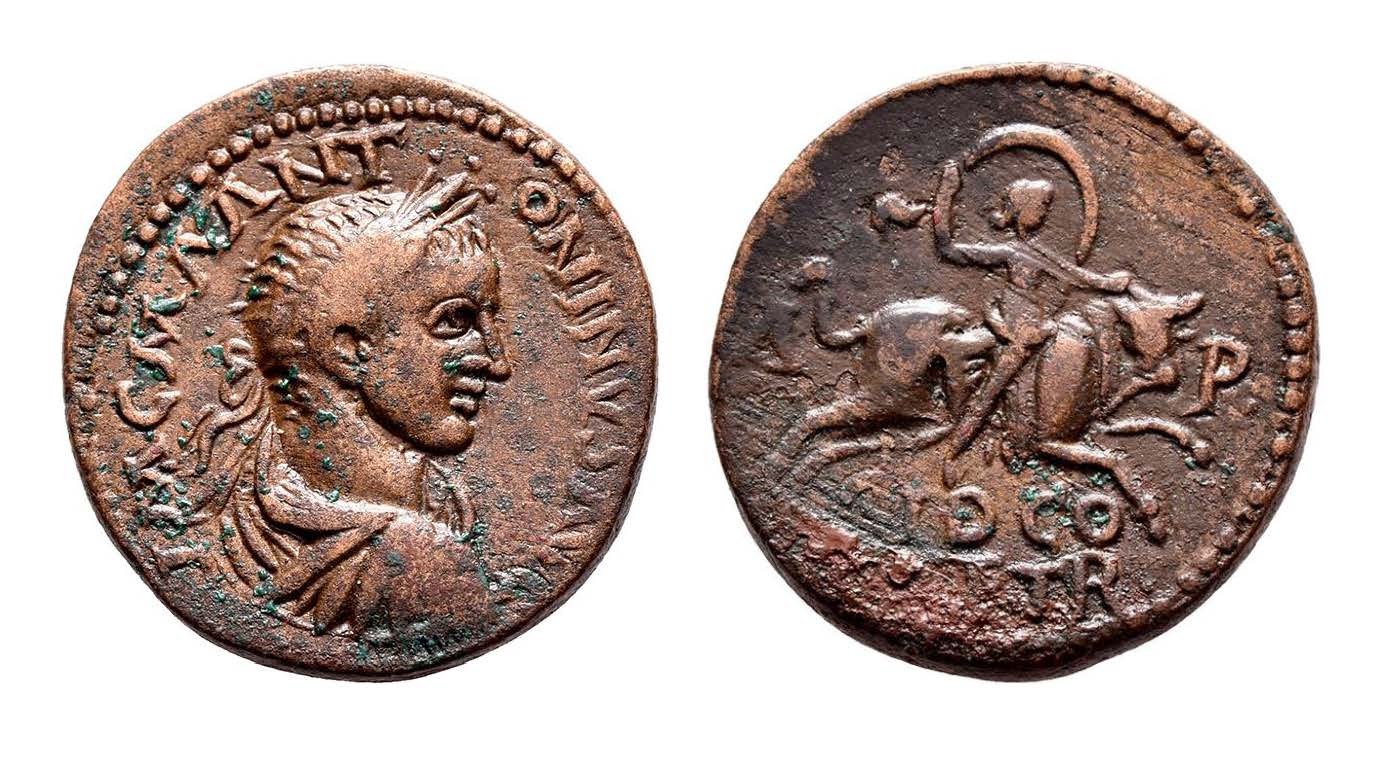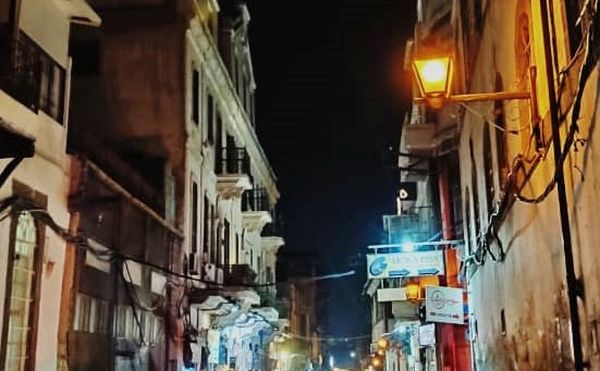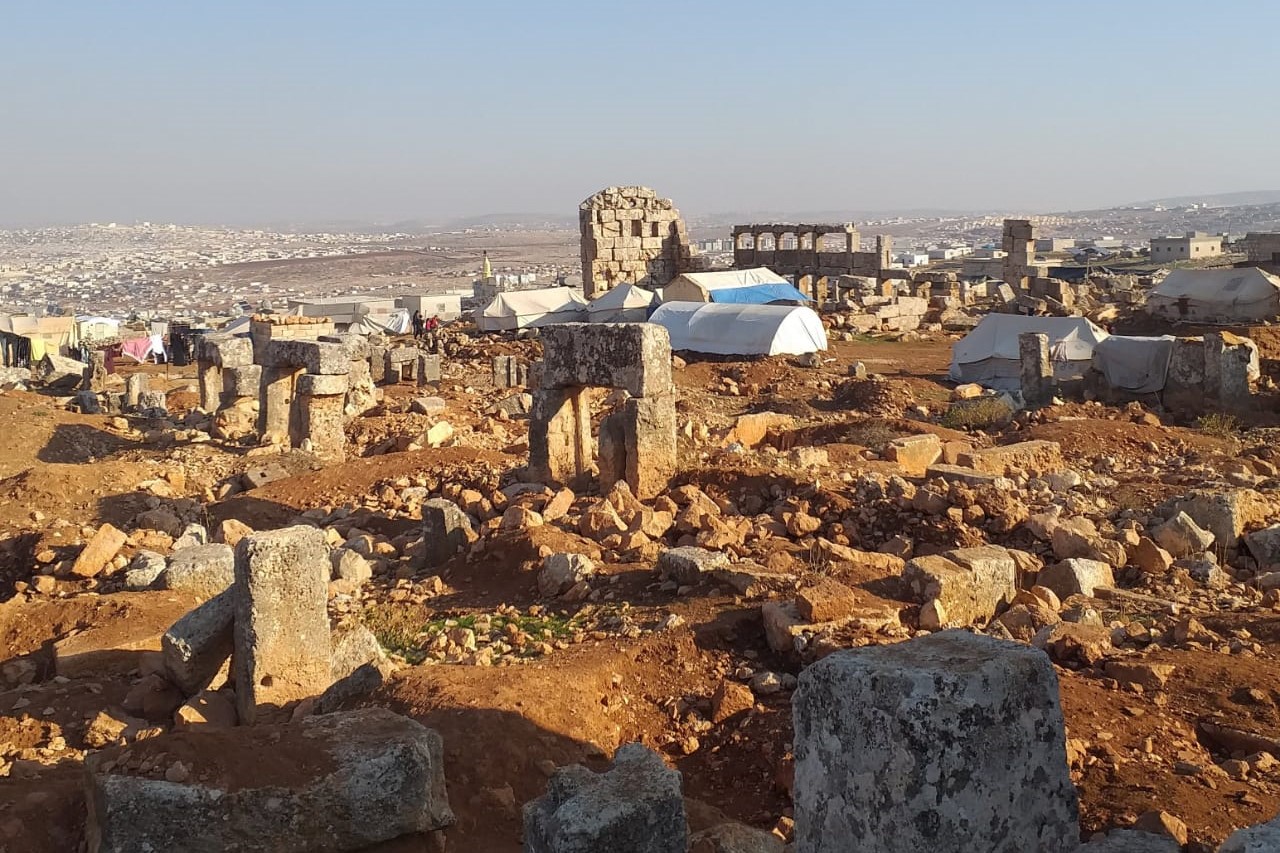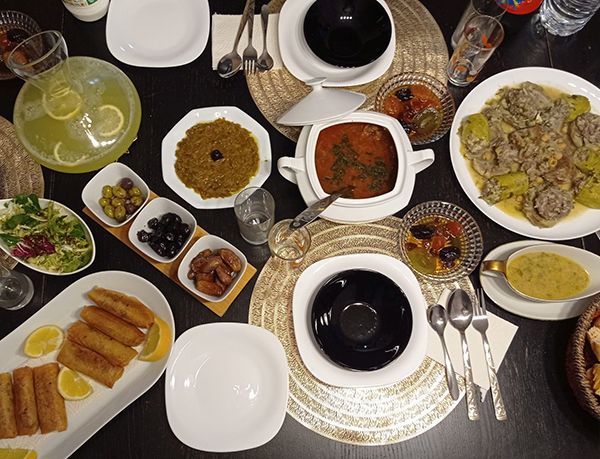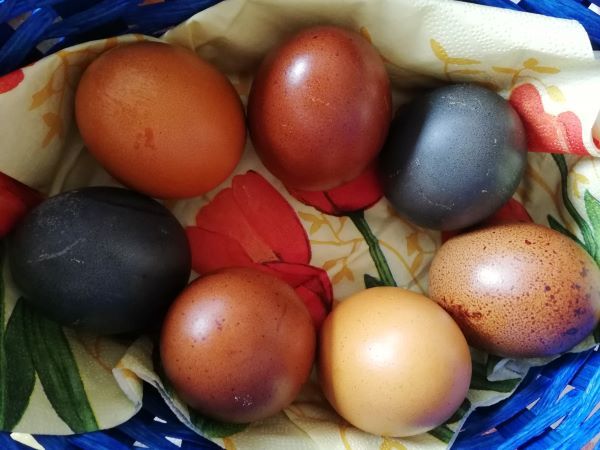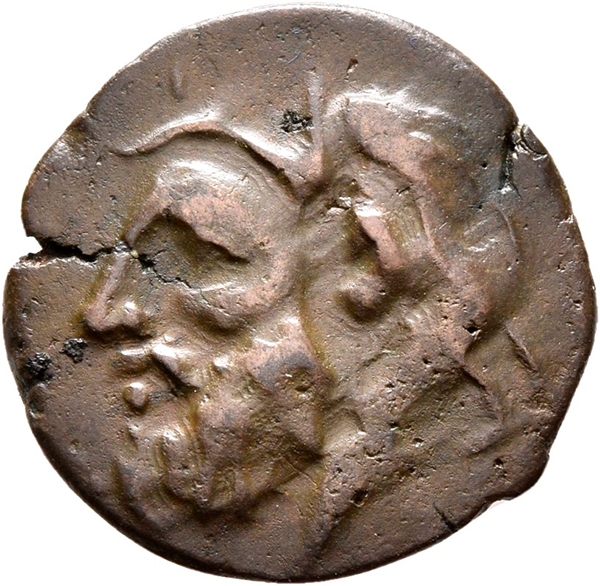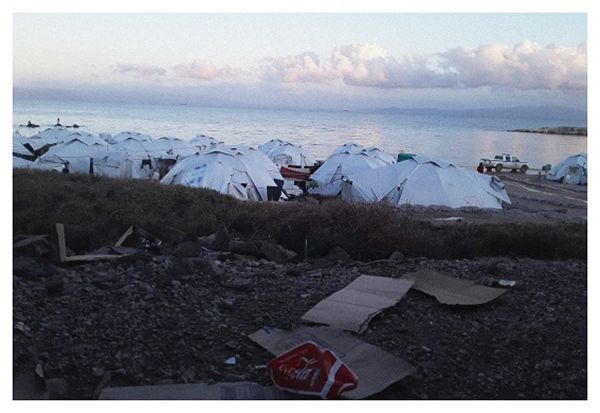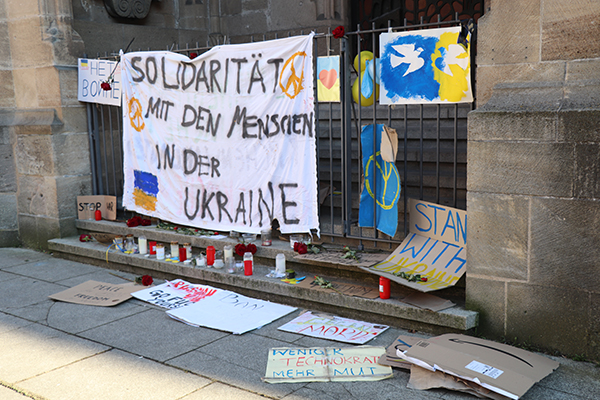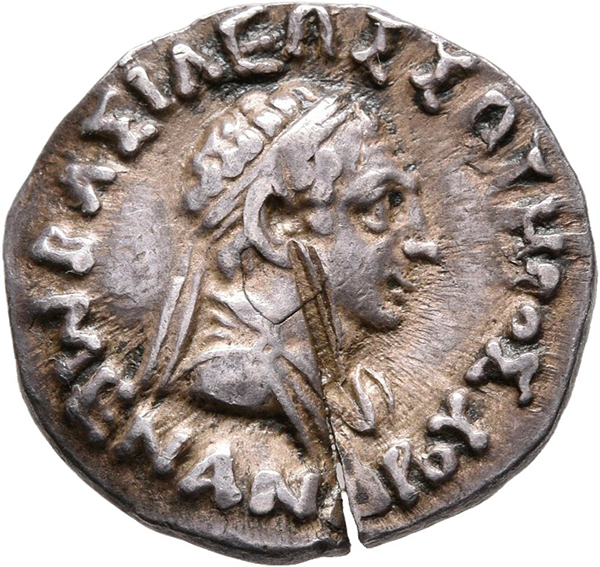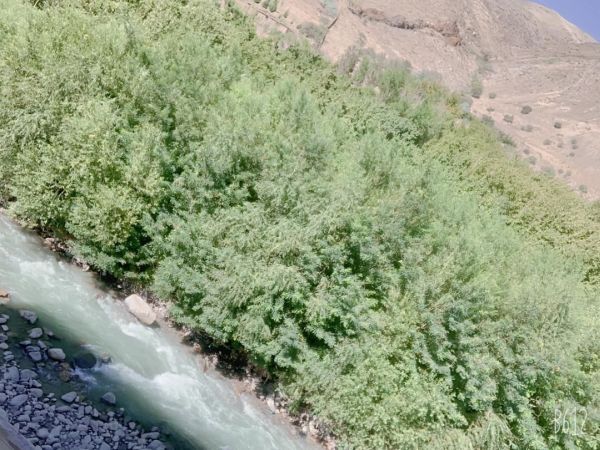By Stefan Krmnicek On 9 May 1950, the then French Foreign Minister Robert Schuman proposed a merger of German and French coal and steel production in a government declaration. This Paris speech, which later became known as the Schuman Declaration, is regarded as the political initial spark and structural cornerstone for the establishment of the European Coal and Steel Community, from which today’s European Union developed. Since 1986, this event has been commemorated by events and festivities on 9 May as Europe Day of the European Union. To mark this day, in this article, the roots of Europe are to… Read More
Category: News In English
Ukraine war exacerbates hardship in Syria
By Ute Kaiser and Lobna Alhindi A man begs customers at a bakery in Damascus for a loaf of bread. His neat clothes suggest that he was once better off. A single mother of four in a refugee camp in northern Aleppo province searches through trash bins for leftover food. Like other parents, she often goes without a meal. There should be more for her children. Aid organizations such as Action Against Hunger, the World Food Program (WFP) and Welthungerhilfe are ringing the alarm about the humanitarian catastrophe in Syria. Their assessment after eleven years of war, violence and destruction… Read More
Forgotten cities are a haven for Syrians fleeing from the war
By Youssef Kanjou Archaeological sites in Syria usually appear in the form of hill-like elevations called “Talls”. They came about because people in the region-built settlements and lived in them for a while. Then they were abandoned and destroyed. After some time, other people came to the same place to build new buildings. Thereby the place always became higher than its surroundings, because each settlement left its own layer. Sometimes remains of residences remained visible, such as walls, floors, and large stones. In north-western Syria there are many sites such as the archaeological villages, especially in the area between Aleppo… Read More
Ramadan schedule
By Oula Mahfouz This year, the month of Ramadan begins on April 2 and ends on May 2. Many Muslims celebrate the month of fasting with numerous rituals, prayers, and set meal and fasting times. But how do Muslims determine the daily start of the period of fasting and prayer that falls between the last meal before sunrise (Suhur) and the meal of breaking the fast in the evening (Iftar)? Islam follows the lunar calendar. A year in the lunar calendar has 354 days and not 365 days as in the Gregorian calendar. Therefore, the month of Ramadan shifts by… Read More
Colorful Easter eggs
Why are Easter eggs colorful? Children would be told: so that they can more easily find the eggs that the Easter Bunny hides for them in the green grass. But that’s just one story surrounding the brightly painted chicken eggs. Easter eggs, which are colorfully dyed in the week before the Christian Easter, have a long tradition in Christianity. Eggs have been considered a symbol of fertility there for many centuries. But how it came to egg coloring and thus to today’s “Easter eggs” is not clearly documented. There are several explanations. One of them, according to Wikipedia, says that… Read More
An ancient Greek coin from Ukraine bears witness to a war over 2000 years ago
By Stefan Krmnicek Anyone reading the news these days in March 2022 will hear about fierce fighting in the towns and villages along the river Southern Bug. As a wide stream, it forms a natural and thus militarily strategic barrier in the coastal area between the port cities of Odessa in the west and Kherson in the east. On the western bank of its river mouth lie the ruins of the ancient city of Olbia. This settlement was founded by Greeks from Miletus and served as a trading centre for the export of goods, such as grain and slaves, from… Read More
“You can give us hope by welcoming us” – pictures from Moria
There are hardly any pictures of Moria and the other refugee camps on the Greek island of Lesbos because media representatives are not allowed access to the camps. At the Ethnological World Museum in Vienna, a small special exhibition was on display until 11 January, showing photos taken by refugees themselves to document their lives there. They also wrote texts to accompany the pictures. Tünews INTERNATIONAL has now succeeded in obtaining the rights for a photo reportage with a selection of these pictures. The pictures were taken as part of the media project “Now You See Me Moria”: Now You… Read More
At least 17 wars in Europe since 1945
By Wolfgang Sannwald There have been at least 17 other wars in Europe since the end of the Second World War (1939-1945). The one between Russia and Ukraine is the most recent, lasting since 2014. The three Caucasus states Georgia, Azerbaijan and Armenia, where there have also been several wars, are not included. According to the Arbeitsgemeinschaft Kriegsursachenforschung (AKUF) at the University of Hamburg, Europe is one of the continents with the fewest wars worldwide. However, after 1945, Western states often took part in wars on other continents, above all Great Britain, the USA and France. The Hungarian peace researcher… Read More
Between the cultures: a Greek coin from the Hindu Kush
By Stefan Krmnicek In our series about antique coins, today we would like to present in more detail an antique coin of the Indo-Greek king Menander I. from the coin collection of the Institute for Classic Archeology at the University of Tübingen. The coin is a so-called drachma, a coin of silver with a diameter of 17 mm and a weight of 2,41 g. On the obverse we see the draped bust of a man, shown in profile to the right, wearing a wide bandage in his hair, a so-called diadem. Two long ribbons hang down from the diadem to… Read More
“The Taliban are unpredictable”
By Ute Kaiser Afghans who have lived in Germany for years are very worried. Also, in the District of Tübingen. They experience the situation in the country at the Hindu Kush as chaotic. They see Afghanistan on the brink of economic collapse. And they hear from their relatives or read in the media that most people are impoverished and many feel threatened. “In Afghanistan, there is no freedom, no security, no work, and no freedom of speech,” says M (all names are known to the editors) when describing the situation in the country. In addition, he says, money is worth… Read More

